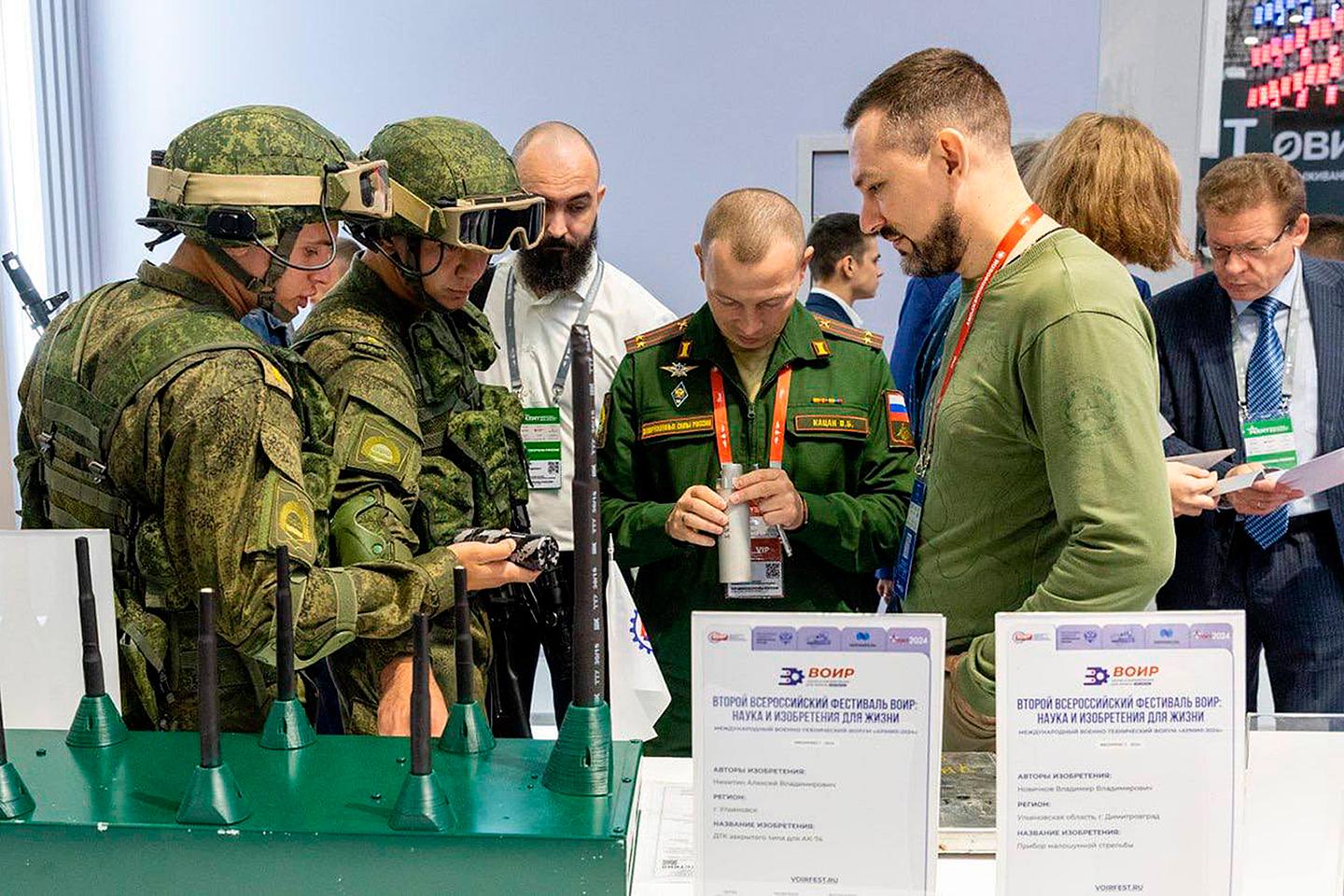


Some 500 km from the new front, between indifference and concern, Muscovites are following "this war which, now on our own land, in Kursk, hides its name..."
Piotr, a father in his thirties who doesn't wish to give his name, didn't mince his words because he knew he could be called up. Between working during the day and going out with friends in the evening, his daily life, like that of most of his fellow citizens, has hardly changed since the Ukrainian army entered Russian territory in the Kursk border region on August 6.
Despite this first armed foreign incursion since the Second World War, Moscow seems to be enjoying a perfect summer, happy and carefree. But far from the crowded café terraces, a wave of blue and green posters at store entrances and on building doors bears a reminder to all men of fighting age: together, Moscow City Hall and the Ministry of Defense are now offering 5.2 million rubles (over €50,000) a year to any volunteer going to the front.
"They keep increasing the bounty ... But, soon, they'll struggle to find contracters and, inevitably, the government will launch a new compulsory conscription," Piotr said. "The front in Kursk has shown us," he continued, "the conflict can spread. Our borders are unprotected, we don't have enough men and equipment, and the army is going to need more and more troops..."
The most nationalistic commentators, who have already previously criticized the "weaknesses" of Vladimir Putin's Kremlin, have been quick to call for a mobilization of the whole country. "This must include all media, all culture, all education, all power, all the oligarchs and all the people," said Roman Alekhine, a "political commentator," on Telegram and on a national TV channel. Denouncing the "lies" of the army general staff about the seriousness of the situation in Kursk, Alekhine has called for a cue to be taken from Stalin and his management of the great patriotic war against Nazi Germany.
The Kremlin and its media networks are more reassuring. The Russian army's retaliation in the Kursk region, described simply as an "anti-terrorist operation," has stabilized the front and even begun to roll back the "terrorist invasion." TV channels and social media in the service of the authorities show Ukrainian soldiers taken prisoner and their tanks pulverized.
"The operation to destroy Ukrainian armed forces units is continuing," said RVvoenkor, one of the leading pro-war Telegram channels. Every day, the channel quantifies the "enemy's" losses and, with video, shows how Russian fighter jets are successfully hitting their targets. Implicitly, however, official information confirms Ukrainian advances.
You have 57.11% of this article left to read. The rest is for subscribers only.
